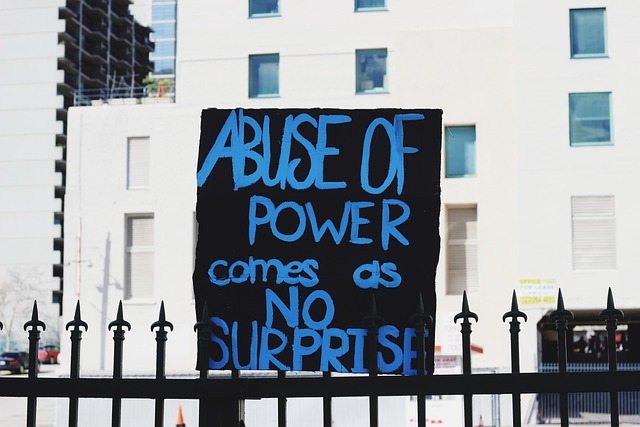Heartland Behavioral Health Abuse cases reveal systemic mistreatment and unethical practices, including physical, emotional, and psychological abuse. These allegations underscore urgent need for patient safety, accountability, and support for survivors seeking justice, compensation, and healing. Advocacy groups empower victims and families to assert rights through education, media, legal actions, and open dialogue, aiming to prevent future tragedies in behavioral health facilities.
In the wake of recent revelations about Heartland Behavioral Health Abuse, the focus has shifted to advocating for families affected. This article delves into the complex landscape of understanding Heartland Behavioral Health abuse cases, offering critical insights into supporting victims and their families through available resources and rights. Furthermore, it explores advocacy strategies aimed at healing and justice, providing a roadmap for those navigating this challenging journey. By examining these aspects, we aim to shed light on the essential steps towards recovery and accountability.
- Understanding Heartland Behavioral Health Abuse Cases
- Supporting Victims: Resources and Rights for Families
- Navigating Justice: Advocacy Strategies for Healing
Understanding Heartland Behavioral Health Abuse Cases

The Heartland Behavioral Health Abuse cases refer to a series of allegations and investigations involving mistreatment and unethical practices at facilities operated by Heartland Behavioral Health (HBH). These cases shed light on potential physical, emotional, and psychological abuse suffered by individuals within HBH’s care, raising significant concerns about patient safety and well-being. The revelations include instances of excessive restraint, seclusion, and non-consensual treatment, highlighting a culture of neglect and harm rather than patient-centric care.
Understanding the scope and impact of these cases is crucial for advocating on behalf of victims and their families. By recognizing the patterns and types of abuse, advocates can better support survivors in seeking justice, compensation, and long-term healing. It’s important to note that these cases often involve complex legal and ethical considerations, requiring a meticulous approach to ensure accountability and prevent future occurrences of Heartland Behavioral Health Abuse.
Supporting Victims: Resources and Rights for Families

Support for families dealing with Heartland Behavioral Health Abuse is crucial, offering them a lifeline in their time of need. There are various resources available to help victims’ relatives navigate this challenging situation. One key step is to ensure that families understand their rights; many abuse survivors and their loved ones face emotional, financial, and legal complexities.
Legal aid organizations often provide pro bono services to assist with these issues, offering guidance on potential criminal or civil cases against Heartland Behavioral Health. Moreover, support groups offer a safe space for sharing experiences, providing comfort, and fostering resilience among affected families. These networks can guide them through the complex systems of care and advocacy while advocating for justice and closure.
Navigating Justice: Advocacy Strategies for Healing

Navigating justice in cases of Heartland Behavioral Health abuse is a complex yet crucial step for healing and accountability. Victims and their families often face challenges when seeking legal recourse, especially given the sensitive nature of behavioral health issues. Advocacy groups play a vital role in empowering these individuals to assert their rights.
Effective advocacy strategies involve raising awareness about the potential for institutional misconduct within behavioral health facilities. This can be achieved through various means, such as community education programs, media campaigns, and legal actions that shed light on the unique struggles faced by abuse survivors. By fostering open dialogue, sharing personal narratives, and collaborating with legal experts, families can navigate the complexities of the justice system, ensuring their voices are heard and seeking measures to prevent similar future tragedies.
The journey towards healing for families affected by Heartland Behavioral Health Abuse cases is complex, but there is hope. By understanding the issues, utilizing available resources, and employing effective advocacy strategies, victims’ families can navigate the path to justice and support. It’s crucial to remember that every step towards exposure and accountability brings us closer to a safer, healthier future for those impacted by such trauma.
